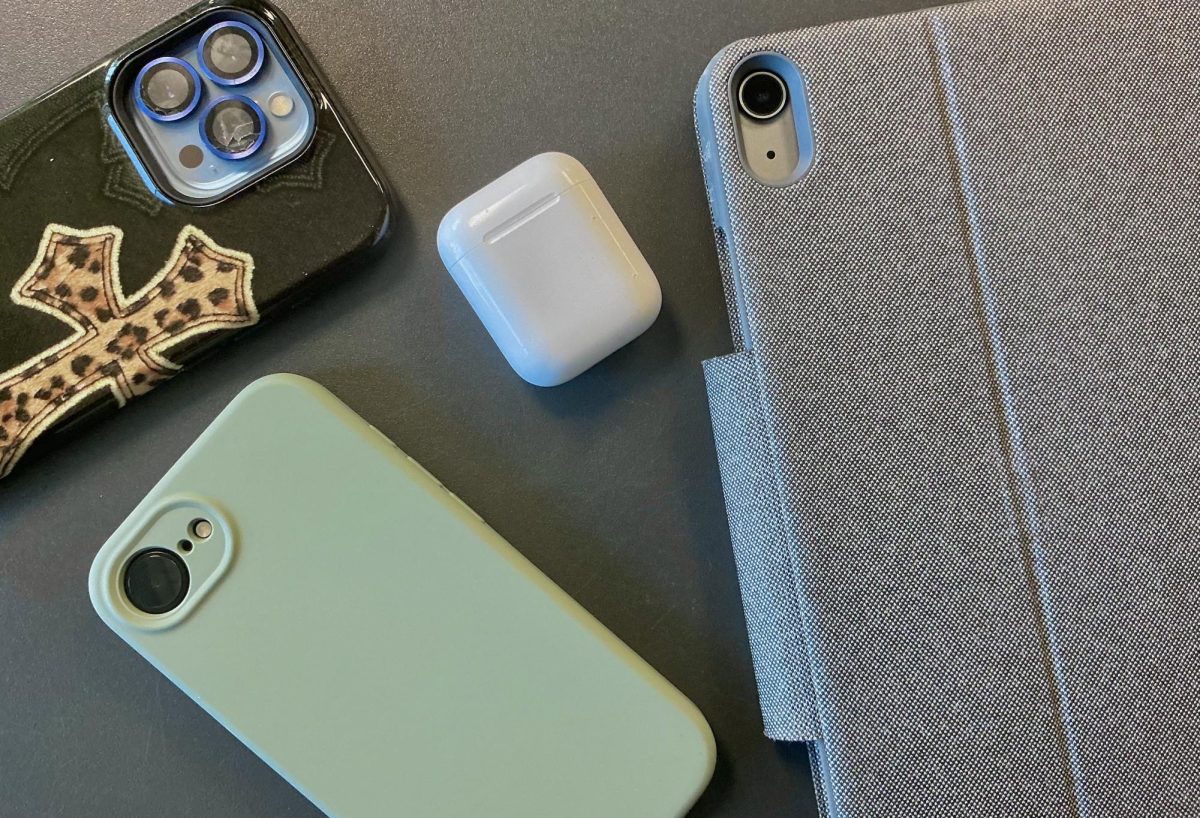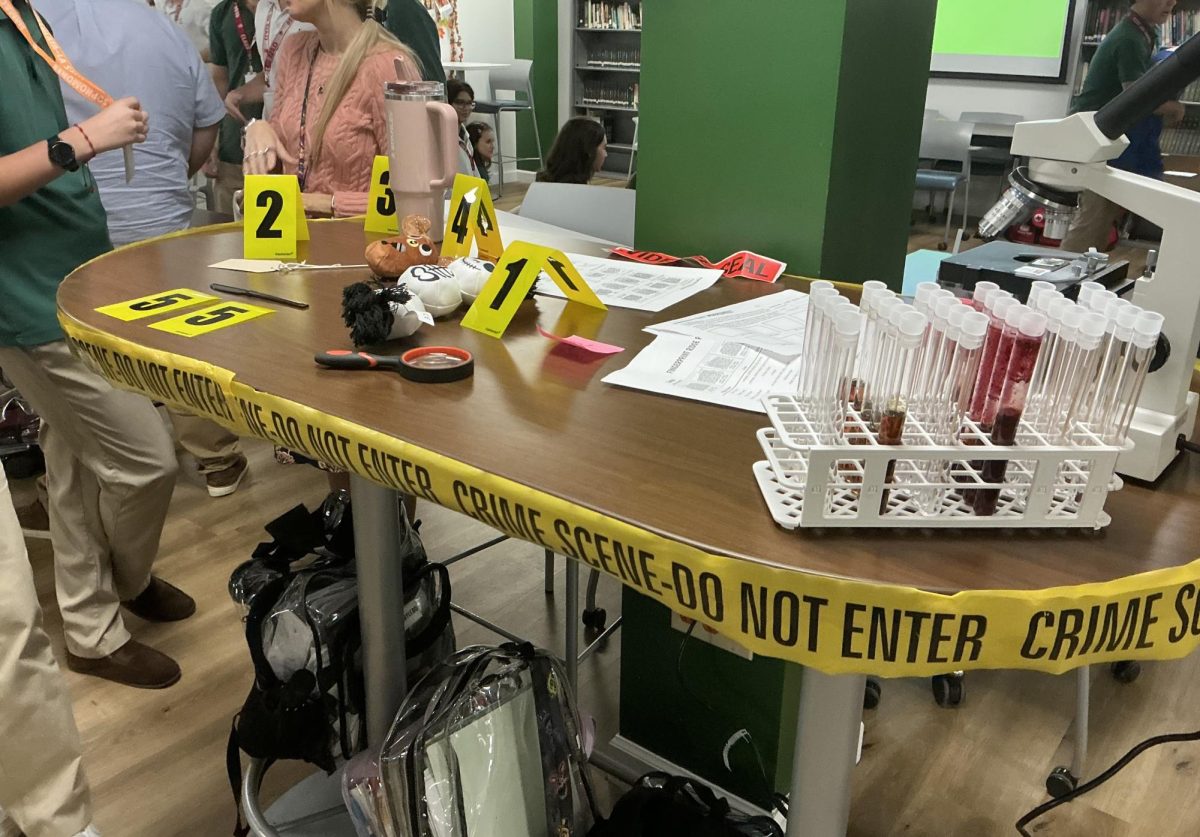Is being able to tell time really necessary?
Analog clocks, first invented in the 1200’s, had been the norm for centuries.
As such, the skill of telling time was seen as something not only useful but also important for everyone to learn as part of their upbringing. It has long been believed that learning to tell time allows a child to understand the concept of time passing time as well as help them learn numeracy. It builds cognitive and motor skill at a young age, allowing children to more fully understand their surroundings. While not as important in later years, telling time is seen as an important skill and “basic necessity” that all people should know.
After receiving a watch for my 18th birthday earlier this year, the surge of digital time was brought to my attention. And with this, a question arose.
“I feel like it’s a fundamental thing where people should know how to but we don’t really need to know how,” said senior Rebecca Baldelomar.
She expressed that up until that moment when asked about it, she’d never even thought about digital vs analog time-telling.
While watches are popular and worn by many, they are not used in the same way as in years past. They are often discarded for the easily accessible digital clock found on an iPhone or Android device.
As people age, some come to see time as an enemy as they constantly wish for more while regretting time that has been wasted.
Time is what people want more of. The 1 second tap to check the time on the iPhone saves five or more that would have been used to read a watch.
In an increasingly digital world, it is not difficult to notice the increase of digital time in all aspects of daily life. The School PA systems, the phone time, computer, iPad, car, Apple watch, and more showcase digital ubiquity.
One person at ILS who sees the value in analog time-telling is social studies teacher, Mr. Clarence Peterson.
“Yes, to know time, of course it is. How can society function,” Mr. Peterson wondered.
How often, if ever, do you tell time using an analog clock?
With everything being digital, it seems that only analog has changed.
According to theology teacher Mr. Nick Shaheen, learning to tell analog time is essential.
“I feel like it’s a basic necessity. Regardless of where you’re at, you should be able to tell time,” he said.
But is it actually necessary for everyday life?
Though Mr. Peterson acknowledges he is surrounded by digital systems everywhere including the ILS PA, cars, and computers, he still recognizes the value of analogy.
“Well I still have a watch,” he said.
How often do you think students actually tell time using an analog watch?
“I don’t ask,” said Mr. Peterson.
For him, this skill is essential to a functioning society.
“I’m pro telling time,” he said firmly.
Senior Rebecca Baldelomar shares the thoughts of many of her generation. While she agrees with Mr. Peterson that everyone should learn how to read a clock as a fundamental skill, she does not regard it with the same degree of importance.
“We don’t really need to know how because nowadays everything’s just like the numbers and not like the big hand and the little hand,” she explained.








